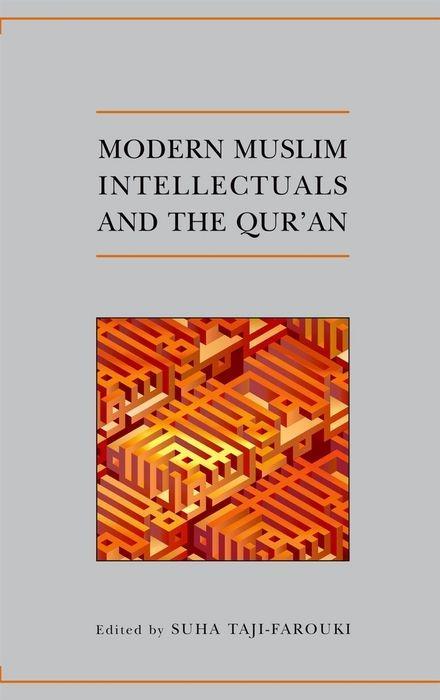
Zustellung: Sa, 09.08. - Fr, 15.08.
Versand in 3-4 Wochen
VersandkostenfreiBestellen & in Filiale abholen:
This volume examines the writings of ten Muslim intellectuals, working in the Muslim world and the West, who employ contemporary critical methods to understand the Qur'an. Their work points to a new trend in Muslim interpretation, characterised by a direct engagement with the Word of God while embracing intellectual modernity in a global context. The volume situates and evaluates their work and responses to it among Muslim and non-Muslim audiences.
This volume examines Muslim intellectuals from the Arab world, Iran, Turkey, Indonesia, Pakistan, the USA, and Europe who employ contemporary critical methods to interpret the Qur'an, arriving at conclusions that challenge those of the past. It offers a framework for understanding their work and responses to this among Muslim and Non-Muslim audiences, and illustrates the diverse struggles in which they recruit the Qur'an, read through the lens of their modernist or
post-modernist positions. Pointing to the emergence of a new trend in Muslim interpretation characterised by direct engagement with the word of God and the embrace of intellectual modernity in the context of an increasingly globalized world, it presents and analyses for the first time a representative
selection of its voices, methods, and conclusions.
post-modernist positions. Pointing to the emergence of a new trend in Muslim interpretation characterised by direct engagement with the word of God and the embrace of intellectual modernity in the context of an increasingly globalized world, it presents and analyses for the first time a representative
selection of its voices, methods, and conclusions.
Inhaltsverzeichnis
- Notes on Contributors
- 1.: Suha Taji-Farouki: Introduction
- 2.: Abdullah Saeed: Fazlur Rahman: a framework for interpreting the ethico-legal content of the Qur'an
- 3.: Anthony H. Johns and Abdullah Saeed: Nurcholish Madjid and the interpretation of the Qur'an: religious pluralism and tolerance
- 4.: Asma Barlas: Amina Wadud's hermeneutics of the Qur'an: women rereading sacred texts
- 5.: Ursula Günther: Mohammed Arkoun: towards a radical rethinking of Islamic thought
- 6.: Navid Kermani: From revelation to interpretation: Nasr Hamid Abu Zayd and the literary study of the Qur'an
- 7.: Farzin Vahdat: Post-revolutionary Islamic modernity in Iran: the inter-subjective hermeneutics of Mohamad Mojtahed Shabestari
- 8.: Ronald L. Nettler: Mohamed Talbi on understanding the Qur'an
- 9.: Osman Tastan: Hÿseyin Atay's approach to understanding the Qur'an
- 10.: Andreas Christmann: 'The form is permanent, but the content moves': The Qur'anic text and its interpretation(s) in Mohamed Shahrour's al-Kitab wal-Qur'an
- 11.: Suha Taji-Farouki: Modern intellectuals, Islam, and the Qur'an: the example of Sadiq Nayhum
Produktdetails
Erscheinungsdatum
13. April 2006
Sprache
englisch
Seitenanzahl
356
Herausgegeben von
Suha Taji-Farouki
Verlag/Hersteller
Produktart
kartoniert
Gewicht
494 g
Größe (L/B/H)
217/139/34 mm
ISBN
9780197200032
Pressestimmen
Review from previous edition Lay persons and scholars alike will benefit from the tone and the content of this timely volume. Bruce B. Lawrence, Nancy and Jeffrey Marcus Humanities Professor of Religion, Duke University, Durham, North Carolina
Bewertungen
0 Bewertungen
Es wurden noch keine Bewertungen abgegeben. Schreiben Sie die erste Bewertung zu "Modern Muslim Intellectuals and the Qur'an" und helfen Sie damit anderen bei der Kaufentscheidung.









